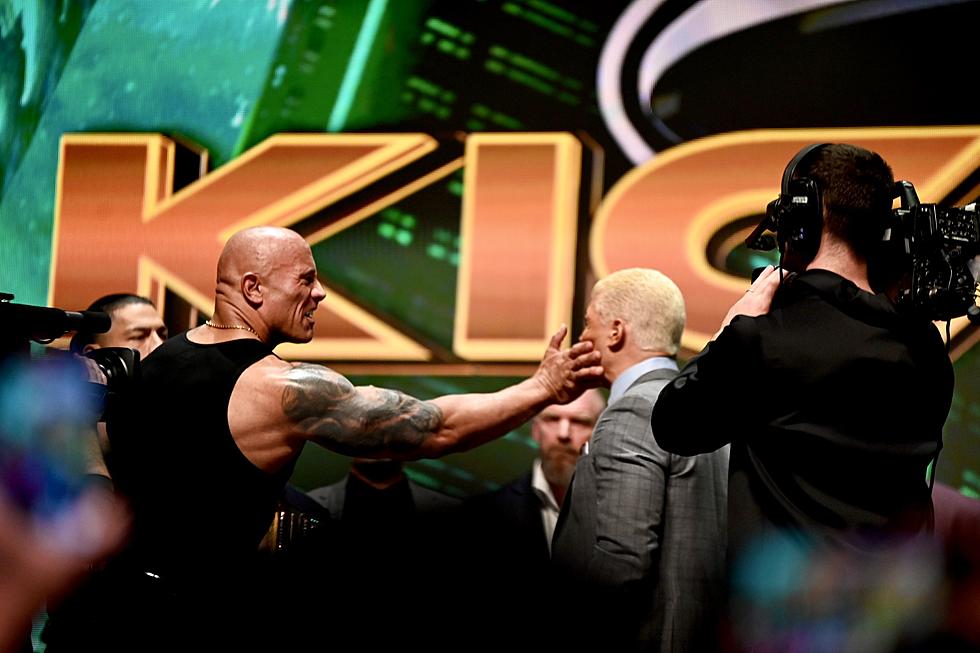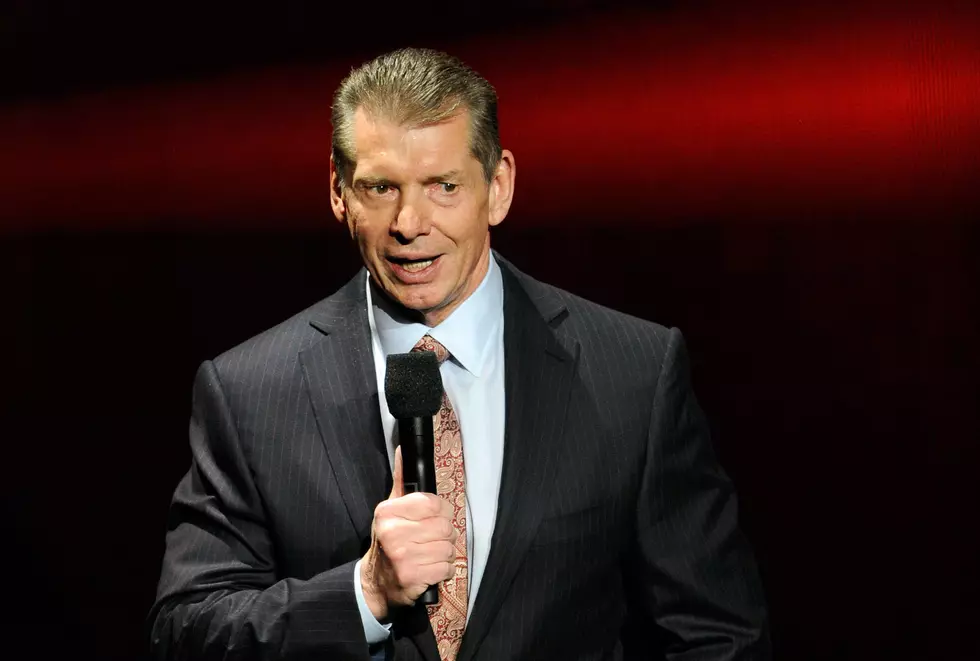
How One Man’s Vision Changed Pro Wrestling Forever
After last week's remembering The Ultimate Warrior, I have decided to begin a weekly entry covering the most influential people in Professional Wrestling. As a major fan of wrestling, I look forward to sharing with you those I believe to be among the most influential people in sports entertainment today. Today we start with quite possibly the most influential person in the business.
Born on August 24, 1945, Vincent Kennedy McMahon would become the most influential man in changing professional wrestling into the international conglomerate it is today. The son of Vincent James McMahon, owner of Word Wide Wrestling Federation (Capitol Wrestling Corporation), McMahon grew up in the business of wrestling promotion-- even though he didn't actually meet his father until he was 12 years of age. He wanted to become a wrestler himself once he joined the family business upon graduating from East Carolina University, but his father forbade it explaining that, "promoters should stay apart from the wrestlers."
In the late 1970s, McMahon convinced his father to change the company's name to World Wrestling Federation and purchased the company from his father by 1982. At the time of his purchase of WWF, wrestling was a regional business with different factions throughout the country. McMahon envisioned a company that could reach to any part of the world and not just stick to the regional promorions that existed for decades to this point.
McMahon rubbed plenty of other promoters the wrong way as he not only began promoting events in other territorial areas, but he also began to poach talent from those promoters-- biggest name among them, Hulk Hogan. But that was only the beginning.
McMahon created the Rock-n-Wrestling Connection with MTV that led to his company getting greater national exposure than his competitors, but he still needed to make a bigger splash in order to sustain the momentum. This led to his creation of Wrestlemania. He took a huge gamble in creating a massive pay-per-view event before the actual creation of pay-per-view.
Wrestlemania I was released to the viewing audience via closed-circuit television to over one millions viewers nationwide-- the largest closed-circuit audience in history. The success of Wrestlemania led to the creation of other pay-per-view and live events, leading to the launch of Monday Night Raw-- a weekly televised show that is now the longest running episodic series in television history.
In 1995, McMahon began seeing a decline in his company's popularity and the rise of a competitor in World Championship Wrestling. WCW was owned by Ted Turner and his vastly larger bankroll (plus two national cable networks to broadcast from). Turner also hired a young promoter, Eric Bischoff, to bring the best talent available to compete with the WWF.
Bischoff and Turner began offering guaranteed contracts to wrestlers-- something that not even the biggest names in the business ever got before. Names like Hogan, Scott Hall, Lex Luger, Rick Rude, and Kevin Nash began jumping ship as McMahon was unable to match their offers. This began the Monday Night Wars and WCW's 83 straight weeks of ratings dominance over WWF.
McMahon realized two very distinct things that were causing him to lose to WCW on a weekly basis: 1) The fans were growing more cynical and realistic; no longer willing to cheer the complete baby-face hero. They were throwing their support towards the anti-hero. And 2) WCW brass realized this and had turned Hogan heel (bad guy) and were thriving with the creation of the New World Order faction.
Up unitl this point, McMahon had never once been acknowledged on TV as the owner of the company; he was simply known to be the play-by-play announcer. As the ratings battle began to go against him, he began to realize that he needed to push the ultimate anti-hero and, more importantly, let that anti-hero do something that all people wish they could do... beat up their boss.
McMahon decided to create his Mr. McMahon persona as the evil, over-bearing boss and handed the announcer duties to Jim Ross on a full-time basis. McMahon his reign of terror with the "Montreal Screwjob," where he ordered the referee to ring the bell and cost Bret Hart the WWF title when Hart never submitted.
McMahon then undertook one of the greatest-- if not the greatest-- storylines in sports entertainment history. He began a rivalry with the ultimate anti-hero, Stone Cold Steve Austin. As the evil boss, he constantly tried to keep Austin from winning or keeping the WWF title. Austin became the face of the company by being the guy that could beat up the boss over and over again and still keep his job. This was known as the WWF Attitude Era.
This run led to the end of WCW's dominance in the ratings war and, by 2001, McMahon purchased WCW for $5 million--ending the race for good. In 2003, McMahon bought Extreme Championship Wrestling from bankruptcy to leave WWF-- now known as WWE (World Wrestling Entertainment)-- as the only entity in professional wrestling.
McMahon didn't always strike gold with his ideas and has had plenty of controversial moments over the years. He was indicted for allegedly supplying steroids to his wrestlers after he unsuccessfully tried to create a bodybuilding federation and his contracted bodybuilders tested positive. He had his legal battles with the Ultimate Warrior over ownership of intellectual property of the Ultimate Warrior persona. McMahon had his known feud with Hart over the "Montreal Screwjob." He had his failed attempt at creating his own professional football league, the XFL.
As conroversial as Vince McMahon has been, there is no doubt that his vision and execution completely changed the landscape of not only professional wrestling, but alll of sports entertainment, for good. Thanks to Vincent Kennedy McMahon, fans have more access to their favorite wrestlers on a weekly basis through several modes of media. Because of his successes, McMahon is now able to offer "Legends" contracts to retired wrestlers and assist them with health coverage and financial stability like no other sports or sports entertainment entity can offer.
It is safe to say that without Vince McMahon, wrestling wouldn't be what it is today and, just maybe, might not even exist anymore.
More From 600 ESPN El Paso









